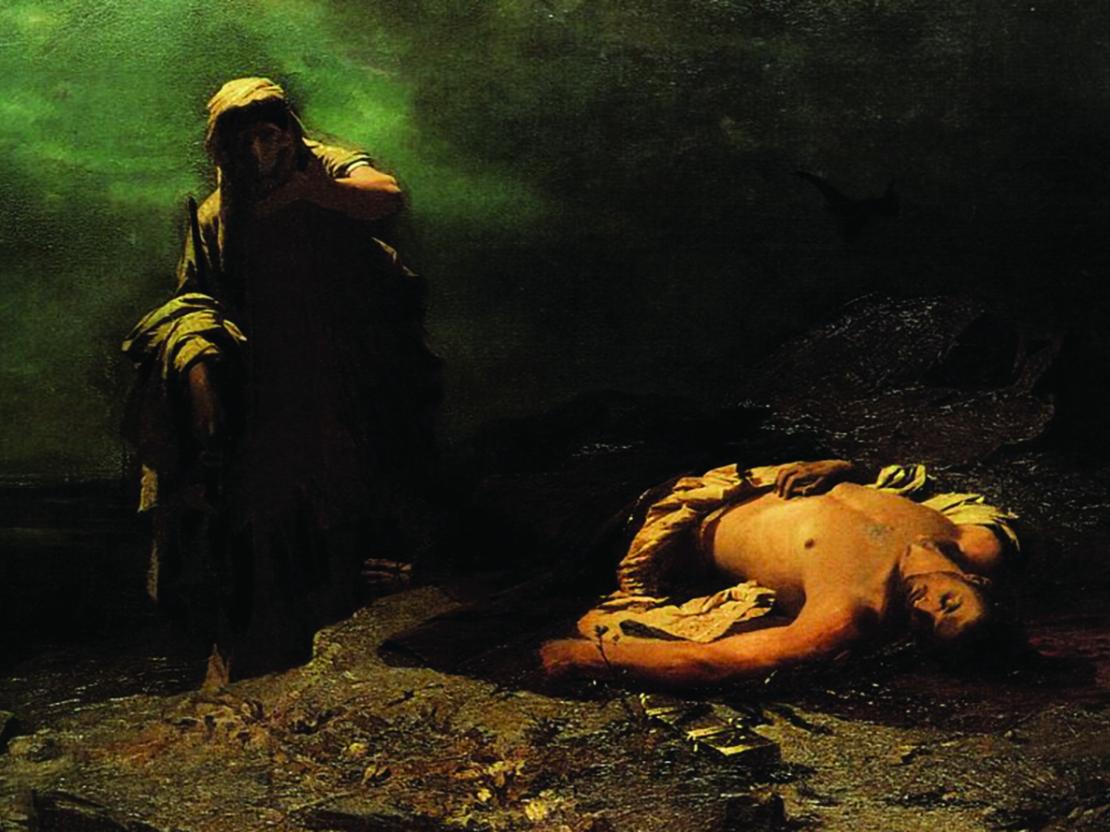‘…disciplinary learning is not an end in itself, but a means first to shared expression within a community’
I would like to use this small space to pass on something useful I have learned about the culture of education. Let me begin with something I have written countless times in my comments on student essays from my section of the Freshman Humanities Seminar, The Individual, Community and Culture: the privilege of living things is their potential for a creative response to the world; the blessing given to human beings is their further capacity for self-definition.
The idea is not original, and the heart of it goes back at least as far as Renaissance philosopher Giovanni Pico della Mirandola. This might be taken as license to become anything, but, of course, the life of a human being is not so simple. As Antigone teaches at no fewer than three levels, more often than not, we must resolve the conflicts between those self-expressive and self-creative possibilities of the individual with the urgencies and constraints that come with being a member of a community and a part of the world. These conflicts are inseparable from what it means to be human.
The great liberation in being born with comparatively so little neural mass and cerebral organization—and therefore with so much potential to grow into unique and unrepeatable nodes of subjectivity and creativity—comes at no small cost. We are also born relatively helpless, and to survive we must learn, and to do so, we must in part imitate; we must become like those who preceded us. Aristotle and Confucius understood this well. Thus we learn to use the language, conventions, and tools that we receive. Even problem-solving and making art may be construed at their early stages as a form of imitation. This is undeniably the beginning, and, as Freud noted so astutely, often times it leaves behind some damage. But the alternative, a life of isolation that takes nothing of value from the lives that have gone before, is insupportable.
So we follow the rules of grammar, of algebra, of proper conduct, and we are spared this terrifying isolation. Some of us are quite extraordinary at following these rules, and we attend elite colleges to begin elite careers. As we move further from the challenges of mere survival, the conventionalism that has so far served us well may now be somewhat deservedly reconstrued as repression. Something deep is wanting. That unique and wonderful creative potential that was marked out for us by those inchoate little newborn brains may be overwrought by our eagerness to be accepted and admired by community; at some point, we may find that our privilege of self-definition has been cashed out by the comfortable conjunction of acceptance and conformity. Hence the socialization of education that defeated the hazards of being born prematurely relative to other species demands its own price, one that, again according to Freud, may be too high. We have perhaps squandered our blessing, and this road ends, at least for Tolstoy, with The Death of Ivan Ilych, a fatal case of inauthenticity. (Moreover, let us not pass over in silence that conformity not only can mean getting an “A” in every class or a rating of “outstanding” in every performance review, but also, especially in youth, it can also mean partaking in overtly dangerous group behaviors—an essentially submissive and self deceptive conventionalism masquerading as rebellious, rip-roaring individuality.) How to navigate upon such dangerous seas, with the stars so obscured that nothing comes to guide us? In this we have something explicit to learn from the arts: Almost every great artist studies the art that has preceded him or her, and then moves forward—or is forgotten. The point is that disciplinary learning is not an end in itself, but a means first to shared expression within a community, and then ultimately to the possibility of gloriously unique self-expression. This extends beyond Art and beyond all matters of success or celebrity. (And that is why an attachment to evaluations and commendations can be so inept: learning, beauty, good work, and creativity should lead; the assessments and acknowledgements merely follow.)
In the end, new forms of self-expression flow upward from the individual to be reabsorbed by the community—maybe with some resistance, but this ultimately makes possible a healthful reciprocity. The individual and community change each other; this is the essence of bonding.
Accordingly, we study the various disciplines and we make our careers, but such activities should never become our voices or our persons. They are only a platform for further creative development of our choosing. We should learn and do what we need to understand and to support each other, but then give each other something new, so that we continue to learn and to grow from the inevitable dissonances of our authentic voices. We should be together by being different. And we should let nothing reduce us to an insipid orthodoxy—academic, political, religious, or otherwise.
Valenza is CMC’s Dengler-Dykema Chair of Mathematics and the Humanities. This essay has been adapted from an earlier version with the kind permission of the author.
